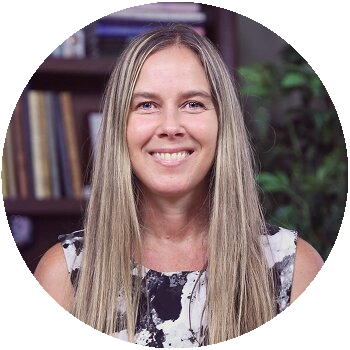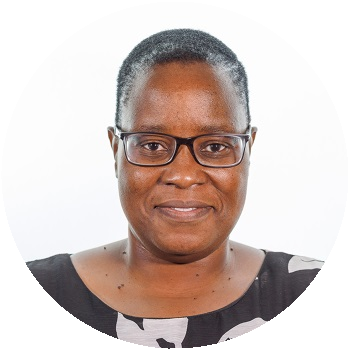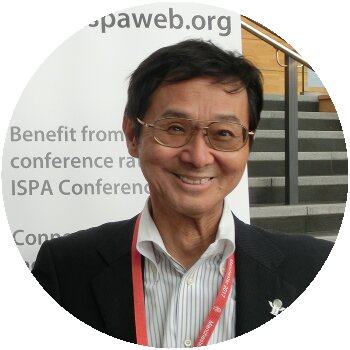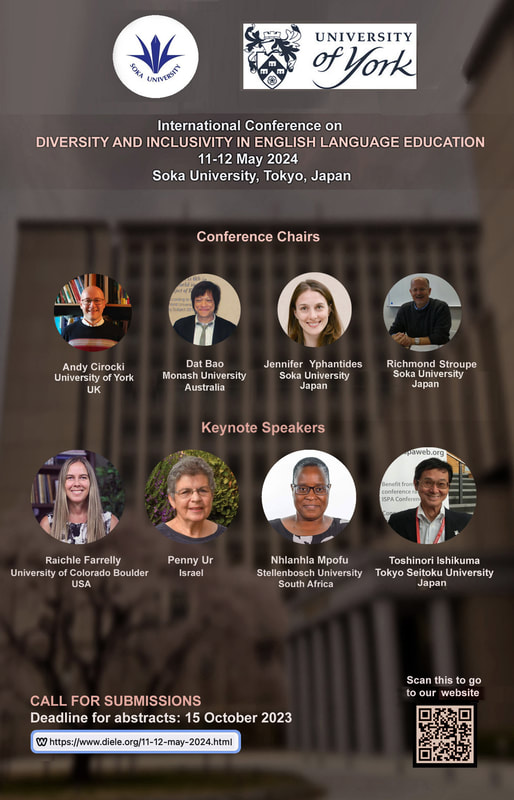Penny Ur, Israel
Learner Agency and Diversity
Scholars as well as education professionals have often remarked that the classroom is not a democracy. Most decisions relating to the teaching-learning process are taken by the teacher or other authorities. However, one of the factors feeding into such decisions is, or should be, the perceived preferences and opinions of learners. If individual learners within a diverse group are able to express such preferences and opinions, and/or act on them in the course of the teaching-learning process, this results in what is called learner agency. This is the empowerment of students in a class to make their own choices and influence not only the design of the course, but also practical activities within a lesson; for example, how they perform a task, or use or adapt materials. Learner agency contributes in an important way to an atmosphere of inclusivity within a diverse learner population. This talk will begin with a discussion of the areas within English language teaching in which empowering learners to make decisions may be more, or less, appropriate. With regard to those areas identified as most appropriate, a number of techniques will be explored by which the principle of learner agency can be implemented. These will be illustrated using examples of practical classroom strategies and procedures, as well as ways of adapting conventional materials to provide individual learners with more opportunities for choice making.
Raichle Farrelly, University of Colorado Boulder, USA
Transgressive Teaching to Promote Equity in TESOL
Renowned author and educator bell hooks proclaimed that “I celebrate teaching that enables transgressions – a movement against and beyond boundaries. It is that movement which makes education the practice of freedom” (1994, p. 12). This talk will explore the idea of transgressive and transformational teaching enacted by brave teachers taking bold directions. On a daily basis, English language teachers make choices related to curriculum design, lesson delivery, classroom management, assessment, and so on. Teachers who are willing to transgress embrace the opportunity to challenge learners to think critically, question assumptions, identify inequities and act with confidence as global citizens committed to making the world better. By choosing to be both vulnerable and brave, to take risks and push limits, we can model for learners what it means to advance diversity, equity, inclusion, and access. This talk will consider educational frameworks that support instructors in making choices that value learners’ complex lives and the global issues that concern them. It will explore the power and potential of teacher decision-making as both a transformative act and a commitment to do more and do better when it comes to promoting equity in our classes and the TESOL field.
Nhlanhla Mpofu, Stellenbosch University, South Africa
Inclusivity and Diversity in Multilingual and Superdiverse English Language Education:
Lessons from South Africa
In a globalised world with increasingly disparate populations, the need for inclusivity and diversity in education has become ever more urgent. In South Africa, a country with a rich cultural and linguistic heritage, English is an important medium of instruction, and English language education has a critical role to play in promoting inclusivity and diversity. This plenary examines the challenges and opportunities of building an English language education system in a multilingual and superdiverse context. It begins by exploring the complex nature of multilingualism and superdiversity in South Africa and its implications for English language education. It then highlights the challenges faced by learners and educators, including language barriers, cultural differences, and the need to address the legacy of inequality and exclusion. Lessons will be drawn from South Africa’s experience in promoting inclusivity and diversity. These include the need to recognise and value linguistic and cultural diversity, build bridges between languages and cultures, involve communities in the education process and promote the development of multilingual proficiency. Strategies will also be discussed for creating a more inclusive and diverse English language education system. These include curriculum reform, teacher initial education, and the use of innovative pedagogies that recognise and leverage the strengths of diverse learners. This plenary will demonstrate that promoting inclusivity and diversity in English language education is not only a moral imperative, but also a practical necessity. By drawing on lessons from South Africa, an education system can be created that values linguistic and cultural diversity, promotes social justice and prepares learners to be active and responsible global citizens.
Toshinori Ishikuma, Tokyo Seitoku University, Japan
Promoting and Supporting Mental Health and Well-being in Schools
This plenary talk reports on a new Guide for Student Guidance and Counselling, which was issued in December 2022 in Japan. This guide has three main objectives: (1) supporting the well-being of all students, (2) implementing student guidance and counselling at every educational opportunity, and (3) promoting the concept of “Schools as Team” who are responsible for students’ well-being. The phrase “all students” includes neurodiverse students and students engaged with support services because of their mental/physical conditions and/or family situations. In the guide, one of the aims of student guidance and counselling is to support students to recognise their personal characteristics and promote their strengths and potential. The term “characteristics” refers not only to the students’ personality, but also to their styles of learning and behaviour. The tasks of teachers and school counsellors will therefore involve understanding students’ strengths in these areas. The guide describes multiple tiers of support: developmental support services and preventive services for all students (e.g., universal design for lessons and social-emotional learning), early discovery and additional support services for students at risk or experiencing problematic situations, and individualised support services for students with special educational needs. It is essential to foster a psychologically safe environment in schools for all students, including neurodiverse students receiving all tiers of support. In Japan, all teachers are expected to help students with every aspect of their education, including their academic and social-emotional requirements, and with their career and health. This approach has both advantages and disadvantages. Consequently, numerous schools have now started employing professional school counsellors and school social workers to tackle the large, multidisciplinary task of making “Schools as Team” a success in Japan and to create a safe and inclusive environment in schools.








